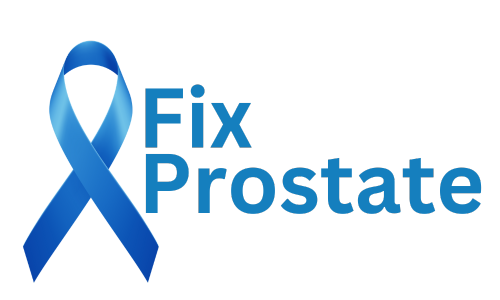Prostate
Health
Prostate health is a critical aspect of men’s overall well-being, as the prostate gland plays a crucial role in the male reproductive system.
Understanding what prostate health means and how to maintain it is essential for men of all ages.
What Is Prostate Health
prostate health encompasses a range of factors, from understanding the function of the prostate gland to actively managing and maintaining well-being through diet, exercise, regular checkups, and informed decision-making.
Men should prioritize their prostate health and work closely with healthcare providers to ensure they receive appropriate care and support throughout their lives.
The Prostate Gland:
- The prostate gland is a small, walnut-sized organ located beneath the bladder in men. It plays a vital role in the male reproductive system by producing seminal fluid, which nourishes and transports sperm during ejaculation. While relatively small in size, the prostate’s function is integral to fertility, and its health is significant for men’s overall well-being.
Common Prostate-Related Concerns:
- Benign Prostatic Hyperplasia (BPH): BPH is a non-cancerous enlargement of the prostate gland that commonly occurs as men age. It can lead to urinary symptoms like increased frequency, urgency, and difficulty urinating.
- Prostatitis: Prostatitis refers to inflammation of the prostate, which can be acute or chronic and may cause discomfort or pain in the pelvic region.
- Prostate Cancer: Prostate cancer is one of the most common cancers in men. It involves the growth of malignant cells within the prostate gland and can have various stages and treatment options.
Maintaining Prostate Health:
- Diet and Nutrition: A balanced diet rich in fruits, vegetables, and whole grains, along with foods high in antioxidants like lycopene (found in tomatoes) and green tea, may support prostate health. Reducing saturated fat intake and incorporating healthy fats like omega-3 fatty acids from sources like fatty fish can also be beneficial.
- Physical Activity: Regular exercise can help maintain a healthy weight and reduce the risk of prostate problems. It may also have direct benefits for prostate health.
- Regular Checkups: Annual checkups with a healthcare provider, particularly for men over 50, can help monitor prostate health. This may involve a digital rectal exam (DRE) and a prostate-specific antigen (PSA) blood test.
- Prostate Health Supplements: Some men may choose to take prostate supplements containing vitamins, minerals, and natural ingredients believed to support prostate function. However, these should be used under the guidance of a healthcare provider

Prostate Health Throughout Life:
- Prostate health considerations can change as men age. Regular checkups and discussions with a healthcare provider are essential to address evolving needs.
- Awareness of risk factors, family history, and early warning signs is crucial to detecting and addressing prostate issues promptly.
Healthcare Provider Involvement:
- Men should engage in open and proactive discussions with their healthcare providers about prostate health, including any concerns, symptoms, or family history of prostate conditions.
- Healthcare providers can provide guidance on preventive measures, screening, and appropriate treatments if needed.
In conclusion, prostate health encompasses a range of factors, from understanding the function of the prostate gland to actively managing and maintaining well-being through diet, exercise, regular checkups, and informed decision-making. Men should prioritize their prostate health and work closely with healthcare providers to ensure they receive appropriate care and support throughout their lives.
